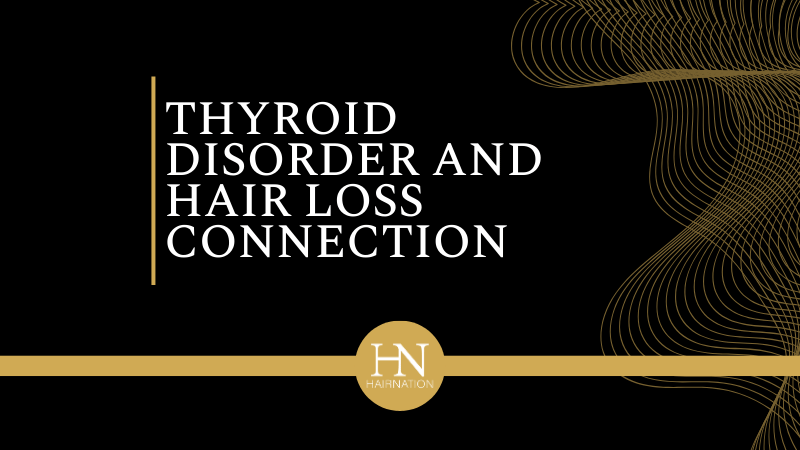- About
- Causes
- Procedures
- Treatments
- Before/Afters
- Pricing
- Transplant Financing
- FREE Consult
- Search Site

The blog delves into the intricate relationship between thyroid disorders and hair loss, highlighting how conditions like hypothyroidism and hyperthyroidism can lead to hair thinning and shedding. It explains that thyroid imbalances affect hormone levels and nutrient absorption, crucial for hair health. The discussion extends to autoimmune diseases, such as Hashimoto's and Graves' disease, which can exacerbate hair loss. Additionally, the stress associated with chronic thyroid issues can trigger further hair shedding. The article emphasizes the importance of diagnosis and treatment, including hormone replacement therapy and lifestyle adjustments, to mitigate hair loss. It offers a message of hope and support for individuals navigating this challenging journey, underscoring the possibility of regaining hair health with proper care and intervention.
When we think about our health, we often overlook the significance of our thyroid, a small butterfly-shaped gland at the base of our necks. This tiny powerhouse plays a crucial role in regulating numerous metabolic processes throughout the body, including the health of our hair. Unfortunately, when the thyroid malfunctions, it doesn't go unnoticed, and one of the most visible signs of trouble can be hair loss. For those experiencing unexplained hair thinning or loss, understanding the connection between thyroid disorders and hair health is the first step toward finding solutions.
Signs include thinning hair, particularly on the scalp and outer edges of the eyebrows, and changes in hair texture, making it dry or brittle.
No, with appropriate diagnosis and treatment, such as hormone replacement therapy for hypothyroidism, hair loss can be stabilized and potentially reversed.
Gentle hair care practices, avoiding harsh chemicals, and seeking treatments that promote scalp health can help manage hair loss.
Hair loss is not something you have to accept. Effective and lasting solutions for hair loss for men and women are available. Through a comprehensive consultation, HairNation delivers accurate and insightful diagnosis and advanced hair restoration treatment strategies to guide you on your journey to complete and transformative hair restoration.
Contact us today by filling out the contact form below or by calling us at 1 (587) 952-8844. Complimentary virtual consultations are available for those inquiring about hair transplants, and for all other hair loss inquiries, complimentary in-person consultations are available.